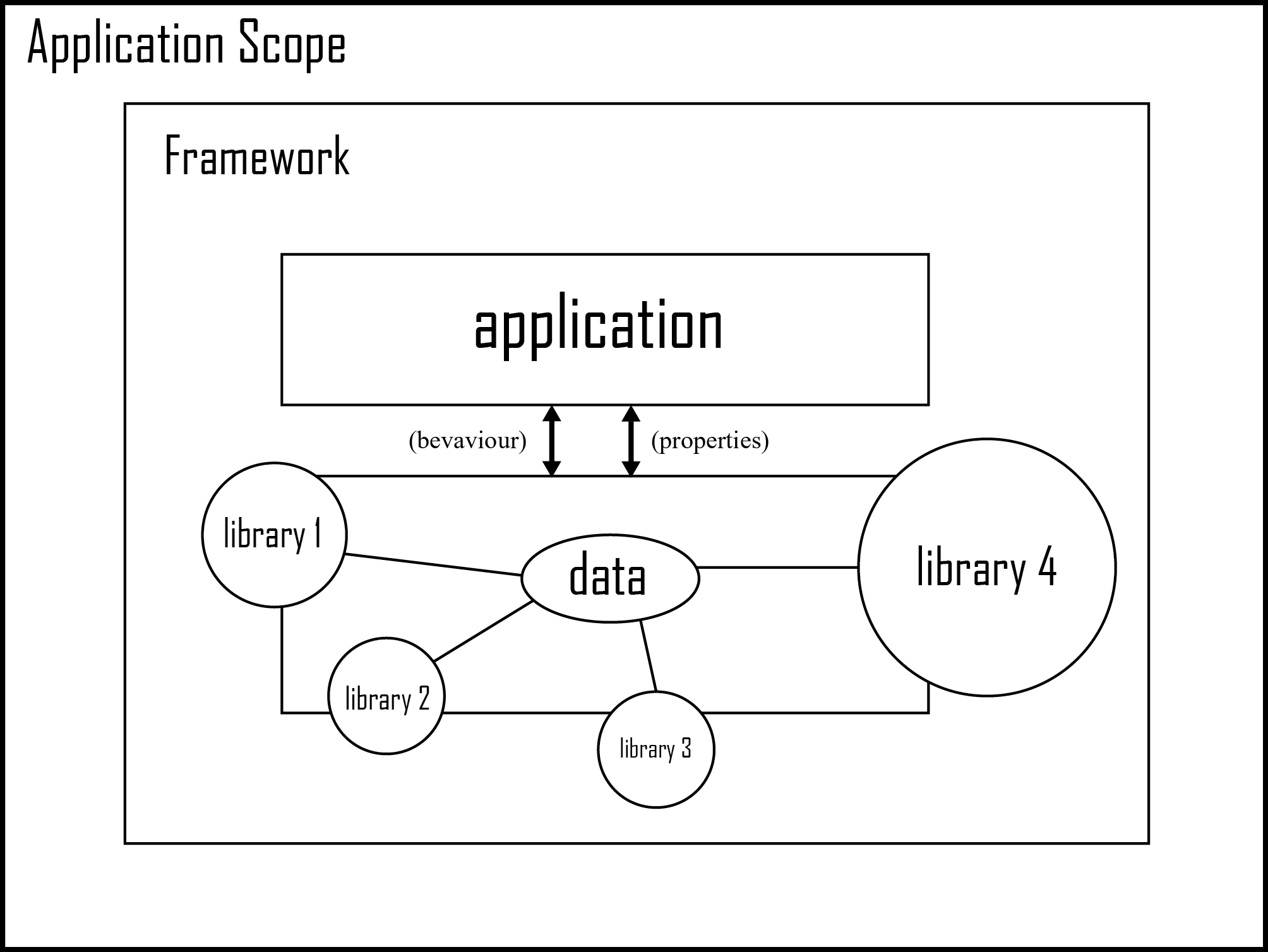I don´t remember the source of this answer (I guess I found it in a .ppt in the internet), but the answer is quite simple.
A Library and a Framework are a set of classes, modules and/or code (depending of the programing language) that can be used in your applications and helps you to solve an especific "problem".
That problem can be log or debuging info in an application, draw charts, create an specific file format (html, pdf, xls), connect to a data base, create a part of an application or a complete application or a code applied to a Design Pattern.
You can have a Framework or a Library to solve all these problems and many more, normaly the frameworks helps you to solve more complex or bigger problems, but that a consecuence of their main difference, not a main definition for both.
The main difference betwen a Library and a Framework is the dependency betwen their own code, in oder words to use a Framework you
need to use almost all the classes, modules or code in the FW, but to
use a Library you can use one or few classes, modules or code in the
lib in your own application
This means that if a Framework has, for example has 50 classes in order to use the framework in an app you need to use, let said, 10-15 or more classes in your code, because that is how is designed a Framework, some classes (objects of that classes) are inputs/parameters for methods in other classes in the framework. See the .NET framework, Spring, or any MVC framework.
But for example a log library, you can just use a Log class in your code, and helps you to solve the "logging problem", that doesn´t mean that the log library doesn't have more classes in his code, like classes to handle files, handle screen outputs, or even data bases, but you never touch/use that classes in your code, and that is the reason of why is a library and not a framework.
And also there are more categories than Frameworks and Libraries, but that is off topic.


